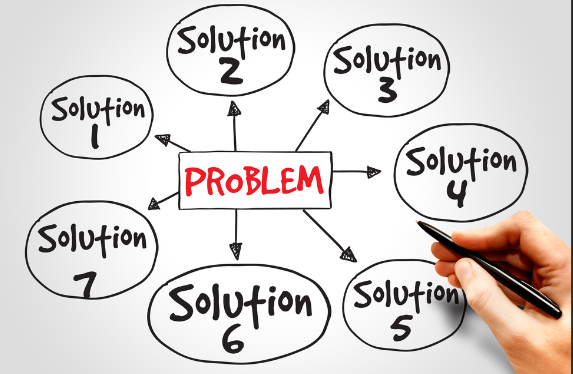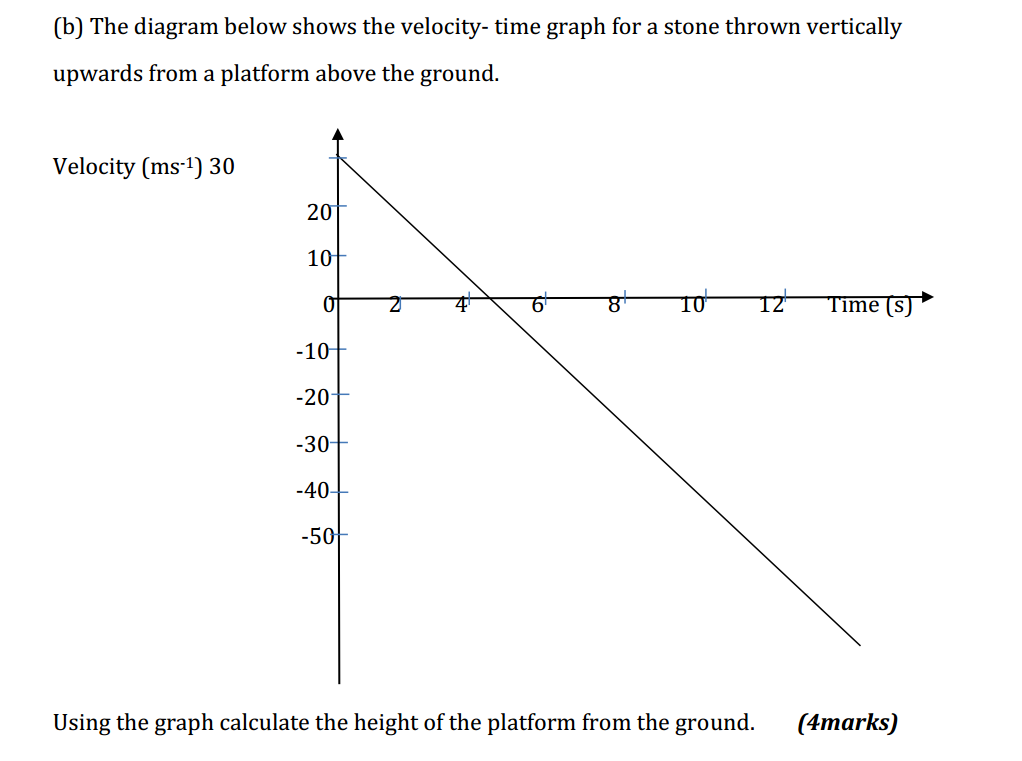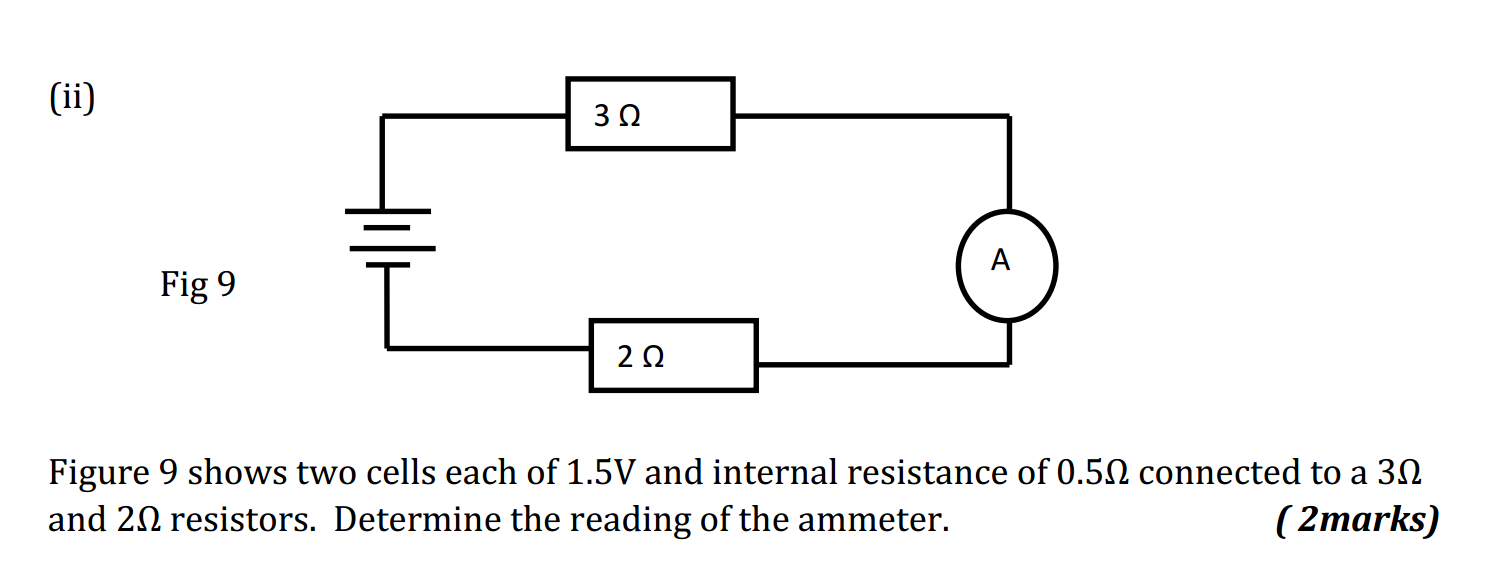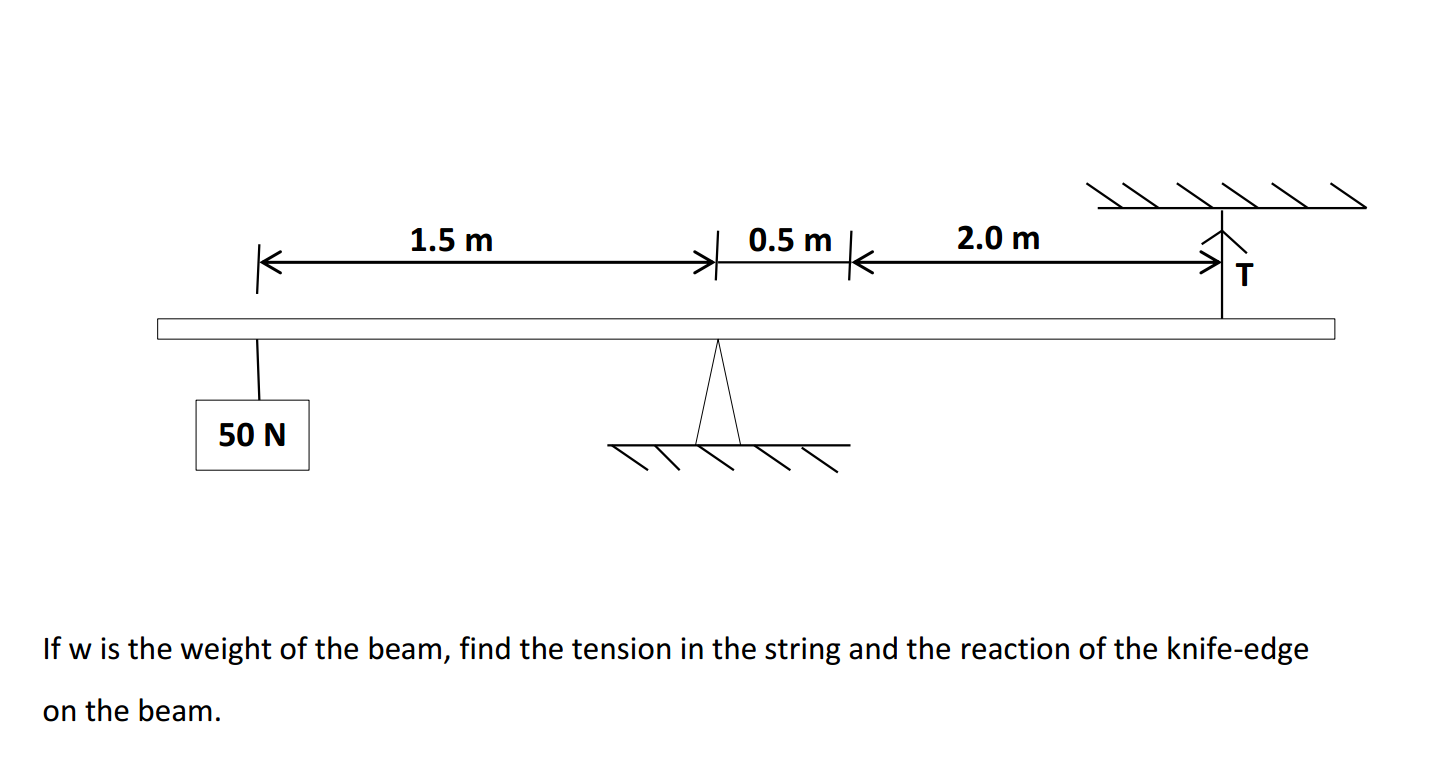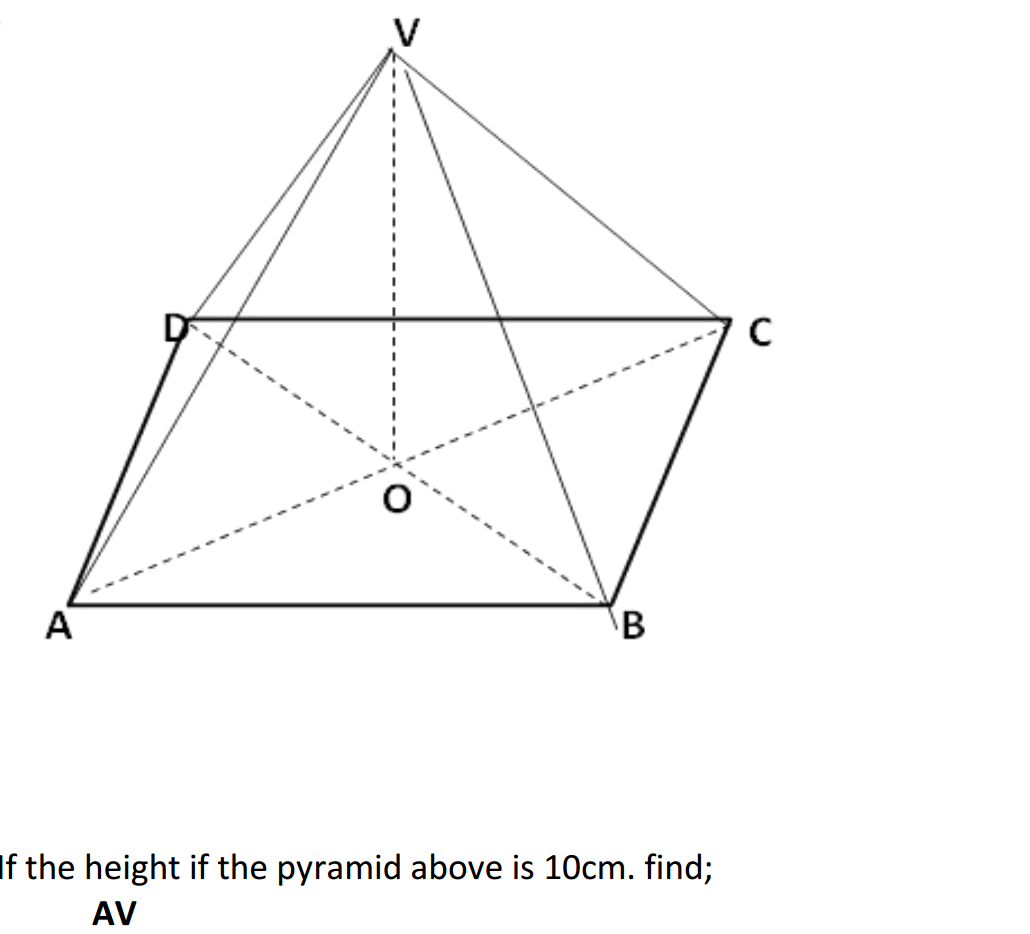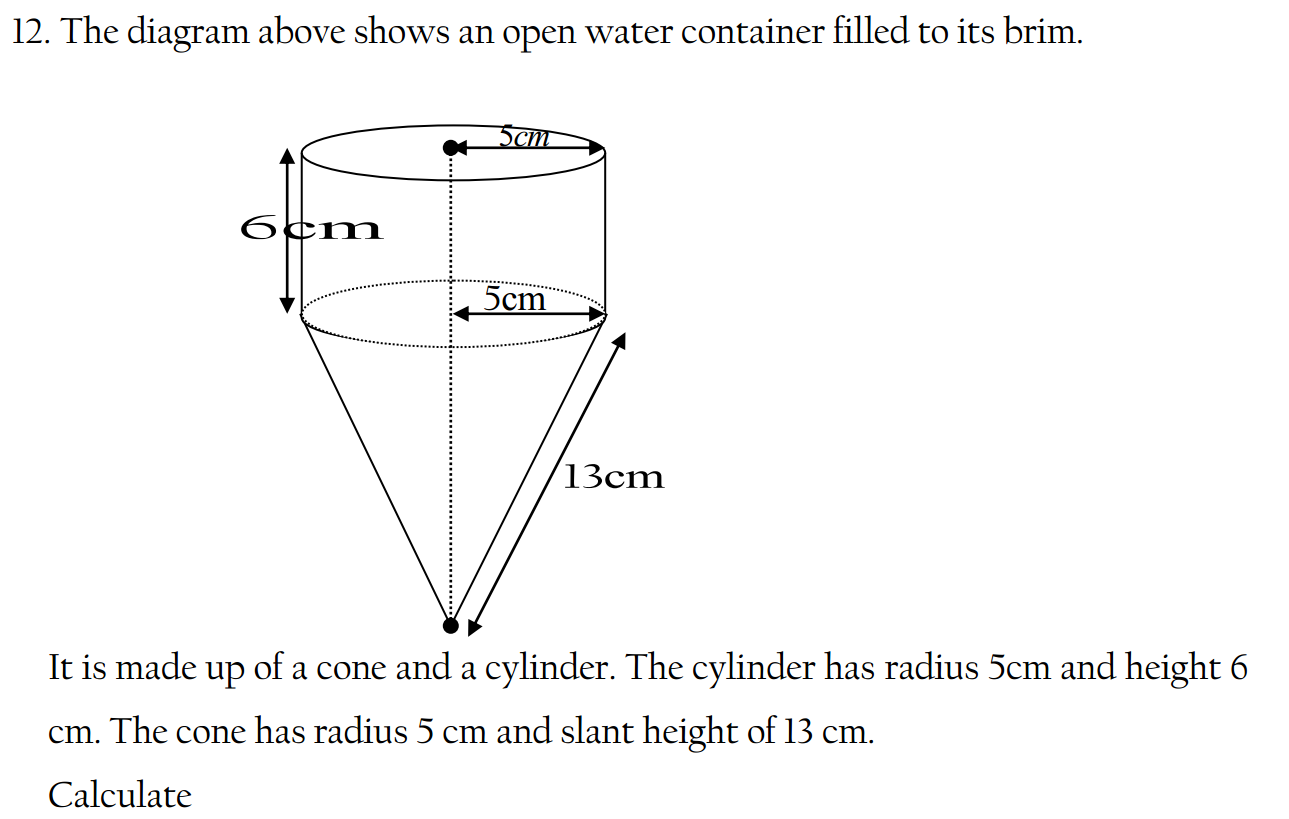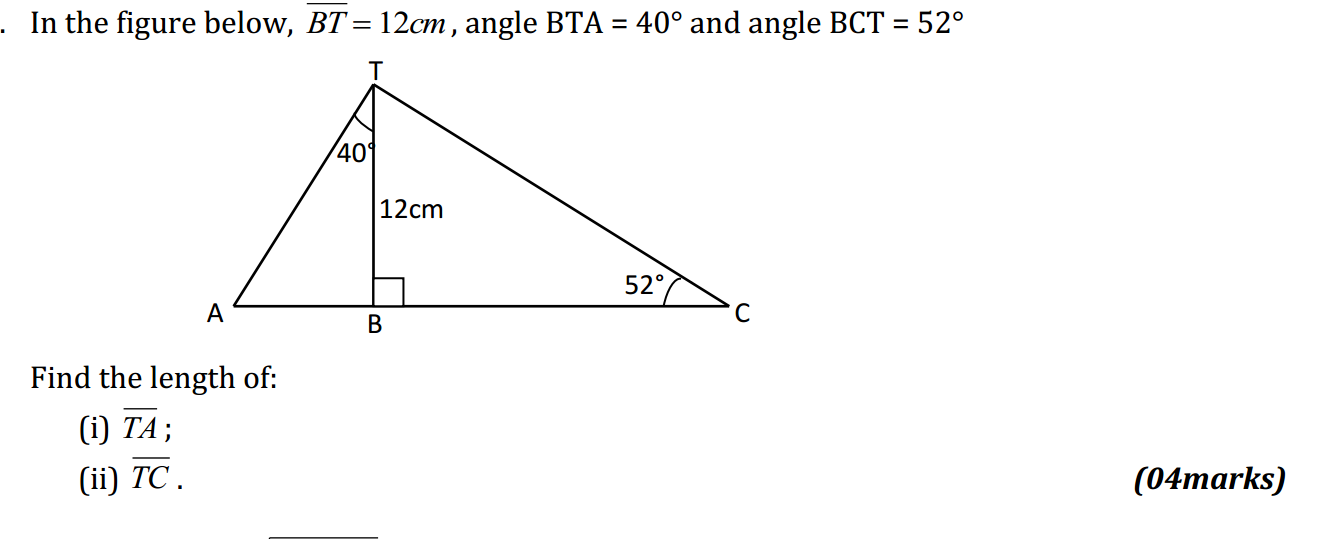In the realm of academia, there’s a persistent myth that floats around among students: the idea that you can skip class and still manage to excel academically. It’s a tantalizing proposition, offering the allure of extra time for leisure activities or catching up on sleep without sacrificing your grades. But is there any truth to this belief, or is it merely wishful thinking? Let’s delve into this notion and explore whether skipping class can truly lead to academic success.
First and foremost, it’s essential to acknowledge that every student’s academic journey is unique. What works for one person may not work for another. Some individuals might find that they can indeed skip a class or two without adverse consequences, while others may struggle to maintain their grades if they miss even a single session. Factors such as individual learning styles, course difficulty, personal discipline, and the specific requirements of each class all play significant roles in determining the impact of skipping class on academic performance.
One argument in favor of skipping class is the idea that lectures can be supplemented or even replaced entirely by other resources, such as textbooks, online materials, or study groups. With the wealth of information available at our fingertips in the digital age, it’s certainly possible to learn independently outside the classroom. However, while these alternative resources can be valuable supplements to classroom instruction, they often lack the interactive and dynamic nature of live lectures. Moreover, they may not cover all the material or insights provided by the instructor during class time, potentially putting students who skip at a disadvantage.
Another consideration is the potential consequences of skipping class beyond academic performance. Many instructors incorporate attendance and participation into their grading criteria, meaning that consistent absences could directly impact your final grade. Additionally, missing class can lead to gaps in understanding that may snowball over time, making it increasingly challenging to catch up as the semester progresses. Furthermore, regularly skipping class can erode your relationship with your instructor, potentially diminishing your ability to seek help or recommendations in the future.
That being said, there are instances where skipping class may be justified or even beneficial. For example, if you’re facing competing priorities such as work, family obligations, or health issues, it may be necessary to miss class occasionally. In such cases, open communication with your instructor and proactive efforts to catch up on missed material are crucial to minimizing the impact on your academic performance.
Ultimately, the idea that you can skip class and still do well is a nuanced one. While some students may be able to navigate their academic journey successfully with sporadic absences, for many others, regular attendance and active engagement are essential components of achieving their academic goals. Rather than relying on the myth of skipping class, it’s advisable to prioritize consistent attendance, effective time management, and proactive communication with instructors to maximize your chances of academic success.
In conclusion, while the notion of skipping class and still excelling academically may seem appealing, it’s important to approach it with caution and realism. While occasional absences may be unavoidable, consistent attendance and active engagement in the learning process are typically key ingredients for academic success. Instead of chasing shortcuts, focus on developing good study habits, seeking support when needed, and embracing the opportunities for growth and learning that each class provides. After all, when it comes to education, there are no substitutes for hard work, dedication, and genuine commitment to learning.




































